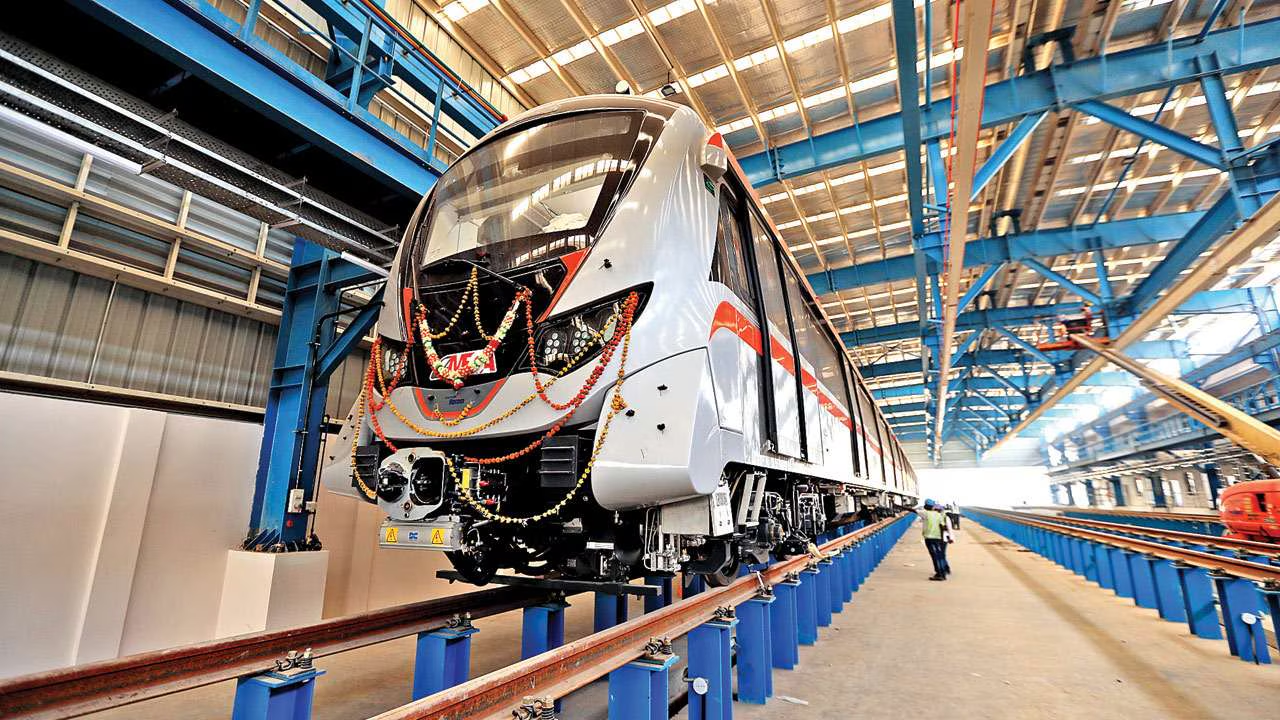Ahmedabad to Transform Garden Waste into Green Coal
In a pioneering move towards sustainability, Ahmedabad will establish two green coal plants to process garden waste and cattle dung, reducing landfill pressure and benefiting industries.
Turning Waste into a Resource
Ahmedabad’s growing urban sprawl generates a significant amount of organic waste, ranging from garden trimmings to tonnes of cattle dung from dairies and municipal shelters. Traditionally, much of this waste ends up as litter on roads or is dumped at the Pirana landfill, worsening the city’s waste management crisis. In a strategic effort to tackle this issue, the Ahmedabad Municipal Corporation (AMC) has initiated a project to convert organic waste into green coal, an eco-friendly alternative to traditional fuels. This initiative aligns with the ‘Reduce, Recycle, and Reuse’ policy, ensuring that waste materials are repurposed rather than discarded. By reducing dependency on conventional coal and firewood, the project not only curbs landfill accumulation but also supports the energy needs of local industries.
Waste Management Overhaul
Currently, AMC manages garden waste by collecting large tree branches at its nurseries, later using them for crematoriums, while smaller branches and leaves are dumped at Pirana. Similarly, cattle dung is either utilised as fertiliser or left to decay in landfills. With the new green coal initiative, two agencies have been commissioned to set up processing plants—one in East Ahmedabad and another in the West. These agencies will be responsible for collecting garden waste and dung, converting it into bio-coal, and supplying it to industries as an alternative fuel source. This initiative is expected to revolutionise Ahmedabad’s waste management system, significantly cutting down the volume of organic waste that otherwise ends up in landfills.
A Step Towards Sustainable Urban Development
Sustainability experts argue that such projects are crucial for cities like Ahmedabad, where waste accumulation is a growing civic challenge. Green coal production reduces reliance on fossil fuels and prevents deforestation caused by excessive firewood consumption. Moreover, it provides a circular economy model where waste is transformed into a resource, lowering carbon emissions. The financial framework of the project further strengthens its sustainability. The agencies involved will pay AMC an annual royalty of ₹30 lakh each, amounting to ₹60 lakh, ensuring a revenue stream for the municipal body while enhancing its waste management capabilities. This approach sets a precedent for other cities looking to integrate environmental and economic benefits in their urban planning strategies.
Balancing Civic Responsibility and Environmental Goals
The transformation of organic waste into green coal reflects a broader shift in municipal governance towards sustainable urban solutions. While civic agencies are often criticised for ineffective waste disposal, AMC’s proactive approach signals a positive change. The initiative is expected to ease the burden on Pirana landfill, where ongoing waste processing efforts are already in place. If executed efficiently, this model could serve as a benchmark for other cities struggling with landfill overflow and improper waste disposal. As Ahmedabad steps into a future driven by sustainable urban development, projects like these highlight the importance of integrating environmental consciousness into civic infrastructure planning.


